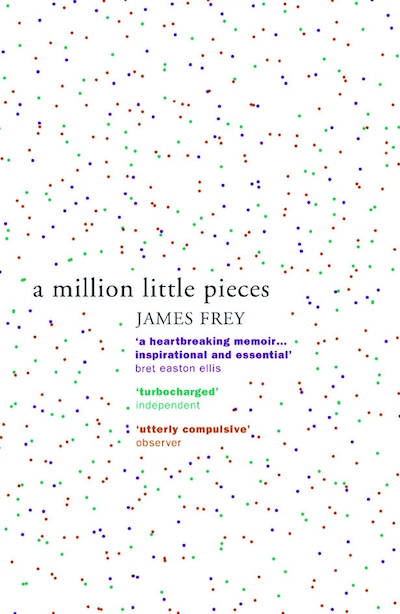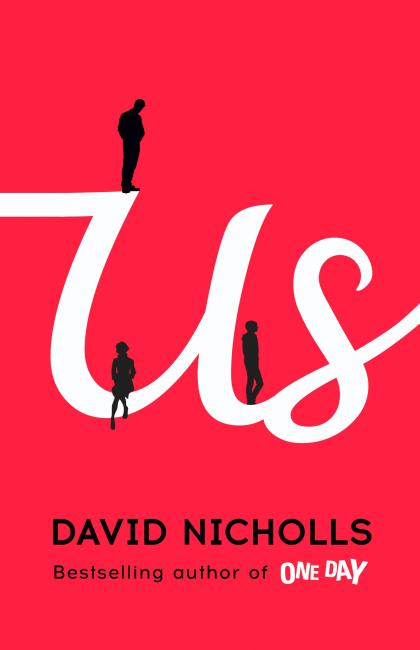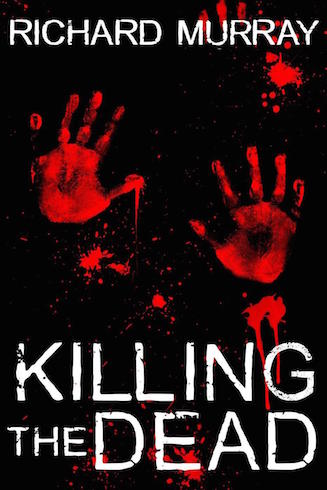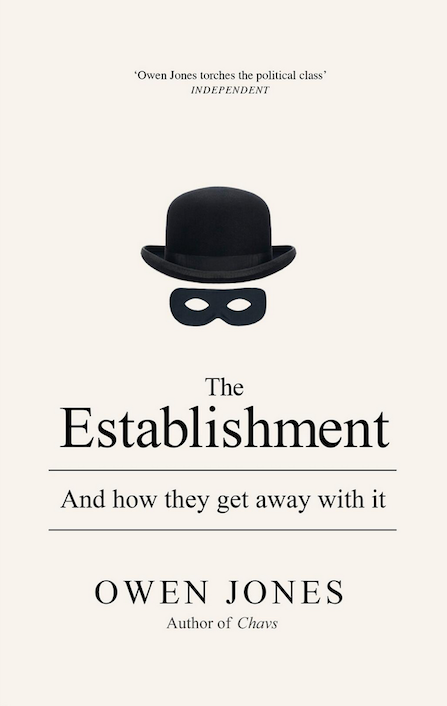 |
A Million Little Pieces by James Frey is addictive like crack cocaine. Once you pick it up and start reading, you’ll find it near impossible to put back down.
From the cover:
Frey takes the reader on his rollercoaster of a journey to recovery from alcohol and drug addiction. It starts with him waking up on a plane with no memory of how he got there, what happened to his face or where he’s going. |
is set during Frey’s stay in rehab; is well paced and has plenty of tension, conflict and resolution. Both internally and externally. He recalls memories of his dysfunctional and chaotic alcohol and drug using past.
Stylistically A Million Little Pieces lacked speech marks, but this was possibly deliberate. Not having speech marks was a noticeable stylistic change to the normal layout of a book. Frey was probably using this to subtly hint that his story wasn’t like the story of most people. Frey’s lack of dialogue tags was generally acceptable, but on the odd occasion where Frey had written a scene with a group of people, it did get difficult to establish who had said what.
Towards the end of A Million Little Pieces it began to feel fictional. As I was coming to the end of the book and had enjoyed reading it, I decided to look into other books that Frey had written.
After doing a Google Search, I discovered the story of A Million Little Pieces and understood why it felt fictional – because parts of it were.
A Million Little Pieces was commercially hugely successful both in the US and internationally after being featured on the Oprah Winfrey Show. But then The Smoking Gun revealed in an article titled ‘A Million Little Lies’ that some of Frey’s claims around his criminal past didn’t match up with court records.
Oprah had to respond to these revelations and interviewed Frey on a few occasions. The most recent, a few years after A Million Little Pieces was exposed as being in part fictional is available to watch below:
I can understand while some people felt lied to, as A Million Little Pieces was promoted and marketed as a memoir.
But I wasn’t in the slightest bit surprised that some of A Million Little Pieces was fact and some was fiction. Because that’s how it read. Who wouldn’t change some of their past if they had the chance? Don’t we all do that all the time? Change things to make them sound better or worse than they actually are with the aim of making our stories more interesting to our friends, family, co-workers, etc. Can we really blame Frey for doing the same for the reader?
Regardless A Million Little Pieces is still a great read. Worth reading if you are interested in addiction, crime, alcohol, drugs, rehab and recovery. Just hold on is a phrase often repeated in the book and was a phrase that I adopted when I was suffering from severe clinical depression.
My Friend Leonard is the follow up book and picks up where A Million Little Pieces ended. I’m currently reading My Friend Leonard and enjoying it just as much as I did A Million Little Pieces.
A Million Little Pieces by James Frey is available to buy on Amazon.
Review soon,
Antony





